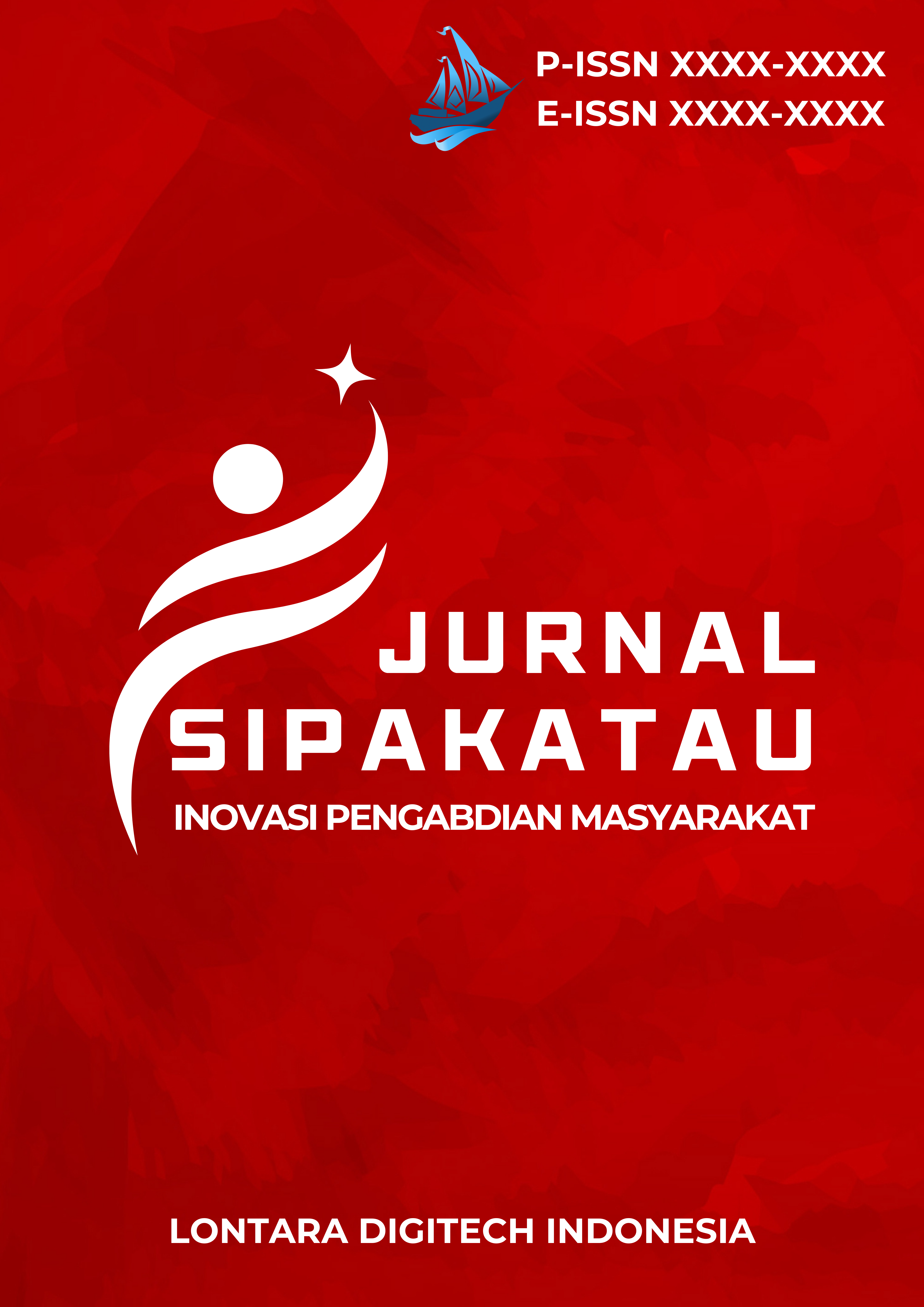Improving Inventory Management Practices for Consumable Supplies in MSME Laundry Businesses
DOI:
https://doi.org/10.61220/jsipakatau.v2i4.2523Keywords:
inventory control, consumables, smes, laundry, par, operational efficiencyAbstract
Micro, Small, and Medium Enterprises (MSMEs) have a strategic role in the national economy, but often face challenges in managerial aspects, including managing consumables inventory. This study aims to analyze the consumables inventory control system at MSME Mapparennu Laundry and Dry Clean Makassar, identify the obstacles faced, and formulate effective improvement strategies. The study used a Participatory Action Research (PAR) approach which is collaborative and participatory, with data collection methods in the form of interviews, observations, documentation, and group discussions. The results of the study indicate that the control system implemented is still manual, not well documented, and not based on historical data, resulting in cost inefficiency, operational disruptions, and low accountability. Some of the main obstacles found include the lack of a recording system, the absence of SOPs, and low awareness and capacity of human resources. To overcome this, it is recommended to implement a simple digital recording system, prepare SOPs, data-based needs planning, periodic supervision, employee training, and optimize storage space. This strategy is expected to improve operational efficiency and the effectiveness of MSME internal control, as well as become a learning model for other similar businesses.
References
Aam Widiawati, Anisa Nurlaela Sari, Delia Marjania, Eka Ashri Nurhamidah, & Ujang Suherman. (2024). Analisis Pengendalian Persediaan Bahan Baku dengan Metode Economic Order Quantity Pada Klontang Coffe & Resto. Manajemen Kreatif Jurnal, 2(1), 78–85. https://doi.org/10.55606/makreju.v2i1.2612
Ardiningrum, A., Dwi, M. A., Sari, D. P., Yuliandhari, R., & Suherman, U. (2024). Penerapan Metode Eoq (Economic Order Quantity) Dalam Pengendalian Persediaan Bahan Baku Pada Jasa Griya Laundry. 1192, 129–137.
Hadi, S. N., Khairawati, S., Manajemen, P., Stei, S., & Yogyakarta, H. (2020). Analisis Implementasi Manajemen Persediaan Bahan Baku Pada Industri Kuliner Dalam Perspektif Etika Bisnis Islam. Bisnis: Performa, 17(2), 57. https://doi.org/10.29313/performa.v17i1.7265
Hapsari, Y. A., Apriyanti, P., Hermiyanto, A., & Rozi, F. (2024). Analisa Peran UMKM Terhadap Perkembangan Ekonomi di Indonesia. 4.
Hassandi, I., Paul, J., Pasaribu, K., Suratno, E., & Pardede, H. (2025). Analisis Pengelolaan Persediaan Bahan Baku Pada UMKM Tabib Jamu Untuk Peningkatan Efisiensi. 4, 512–518.
Herwinanti, A., & Azizah, D. F. (2014). DALAM UPAYA MENINGKATKAN PENGENDALIAN INTERN ( Studi Kasus Pada PT . Wiranas Laundry and Dry Clean Malang ). 12(2), 1–7.
Nirahim, I. A. R., Sucipto, S., & Abdullah, A. (2023). Implementasi Sistem Peramalan Persediaan Bahan Baku Laundry Dengan Metode Weighted Moving Average. Digital Intelligence, 3(1), 32. https://doi.org/10.29406/diligent.v3i1.4737
Permatasari, I. A. (2024). PENERAPAN PENCATATAN KEUANGAN PADA INDUSTRI KECIL RUMAHAN (Studi Kasus pengusaha laundry kiloan “Laundry Pelangi” Surabaya). 35–43.
Rahmat, A., & Mirnawati, M. (2020). Model Participation Action Research Dalam Pemberdayaan Masyarakat. Aksara: Jurnal Ilmu Pendidikan Nonformal, 6(1), 62. https://doi.org/10.37905/aksara.6.1.62-71.2020
Ramdhani, I., Gedong, K., Rebo, P., & Timur, J. (2024). SISTEM INFORMASI PERSEDIAAN STOK BARANG PADA TWO. 119–124.
Downloads
Published
Citation
Issue
Section
License
Copyright (c) 2025 Chris Dayanti Ginting, Irma Juniarti, Asdaqul Qail Salam, Masdar Ryketeng, Masnawaty Sangkala (Author)

This work is licensed under a Creative Commons Attribution-ShareAlike 4.0 International License.
















 Email: sipakatau@lontaradigitech.com
Email: sipakatau@lontaradigitech.com
